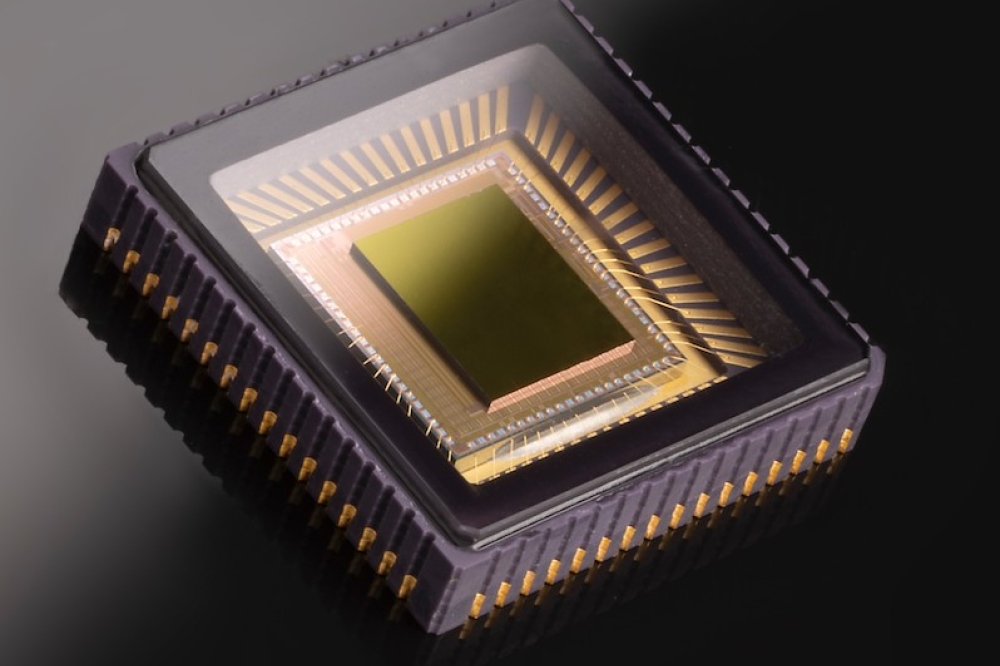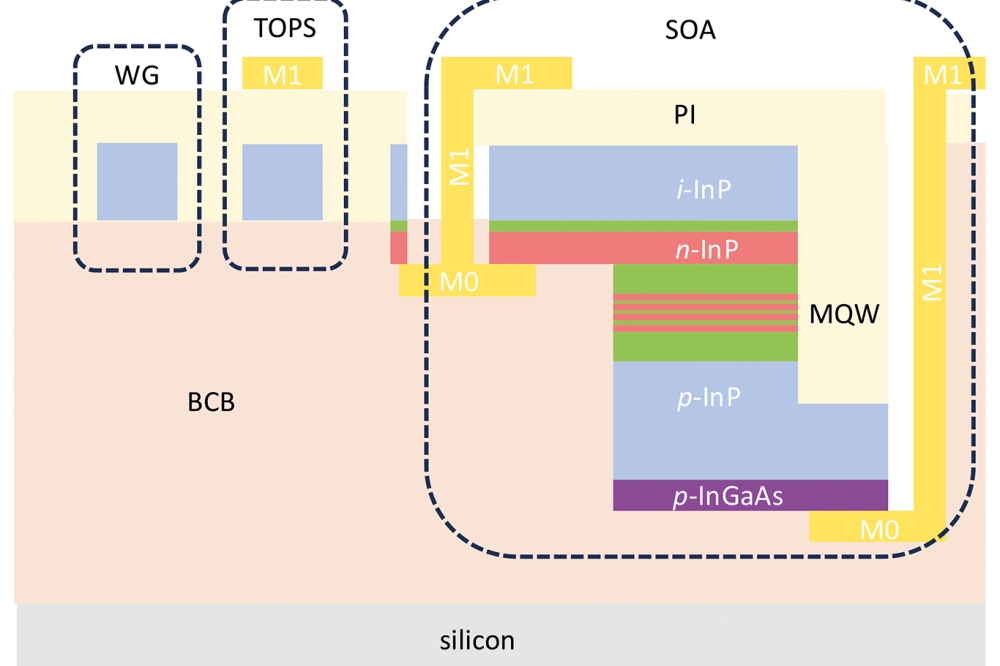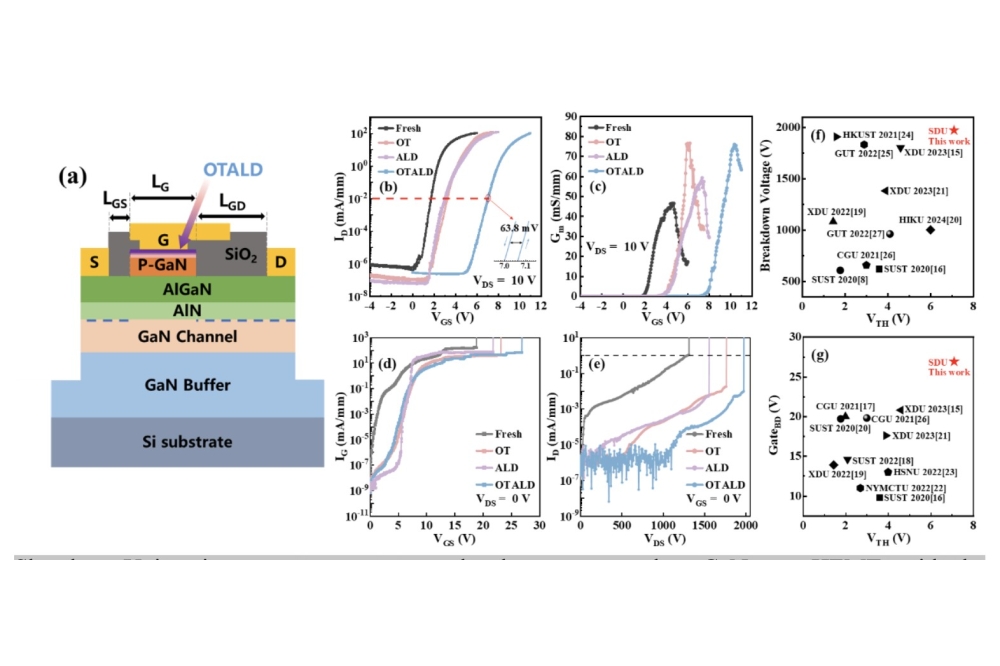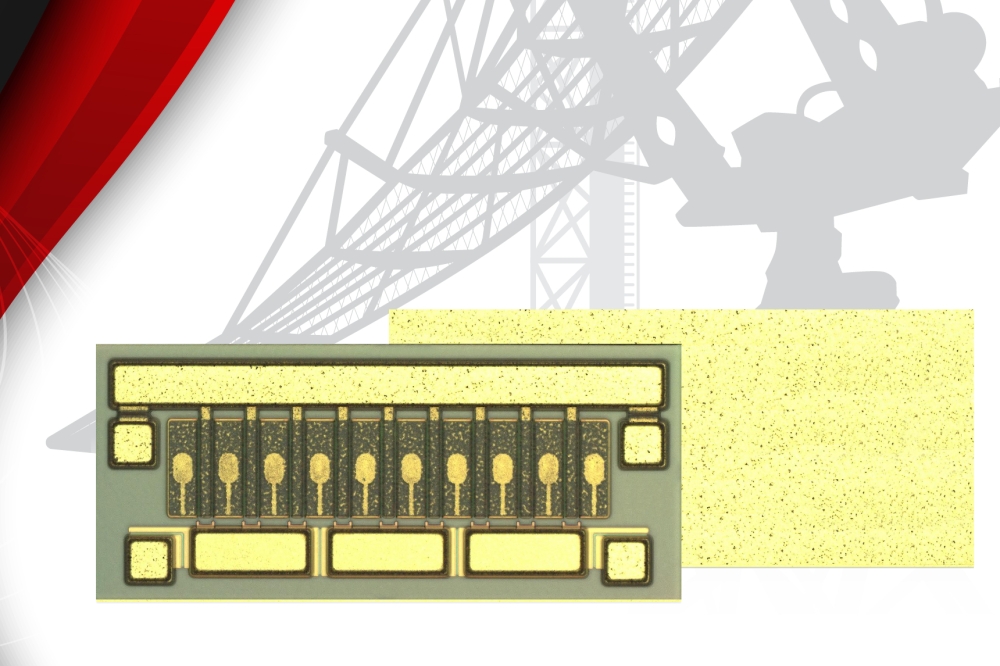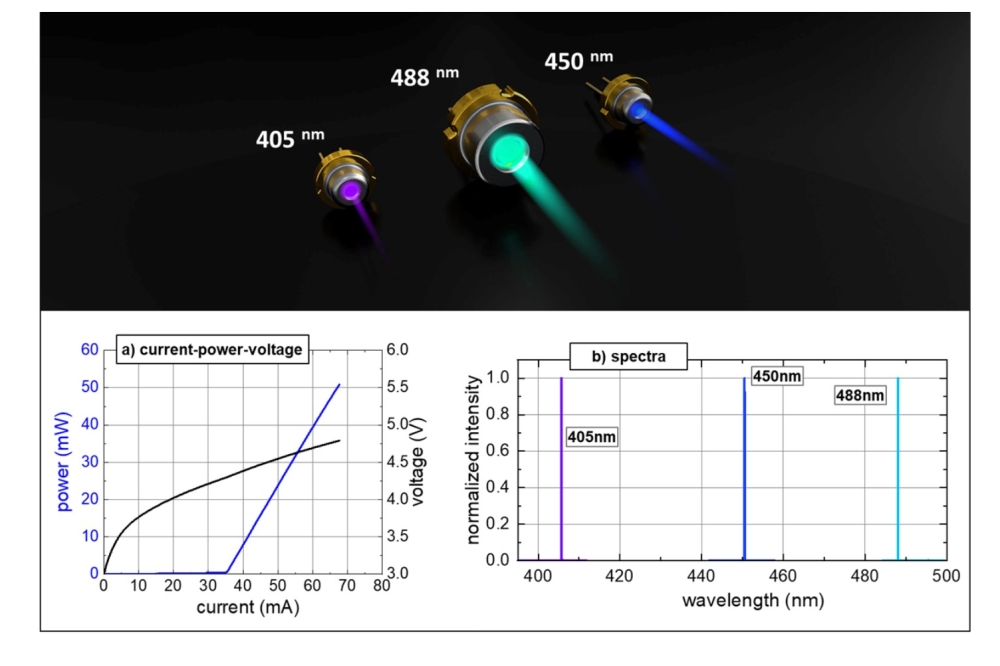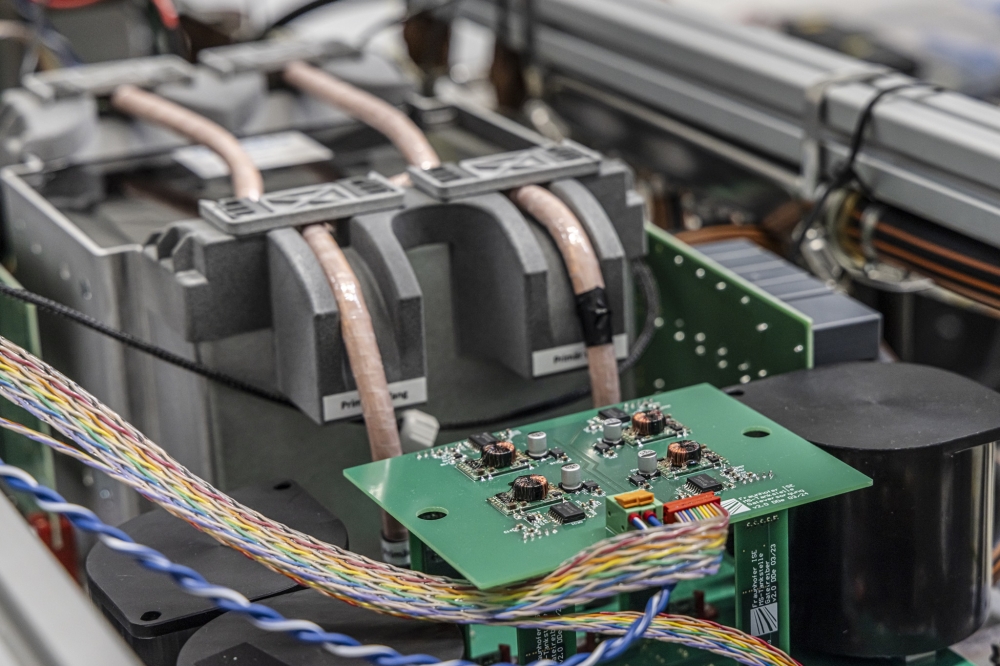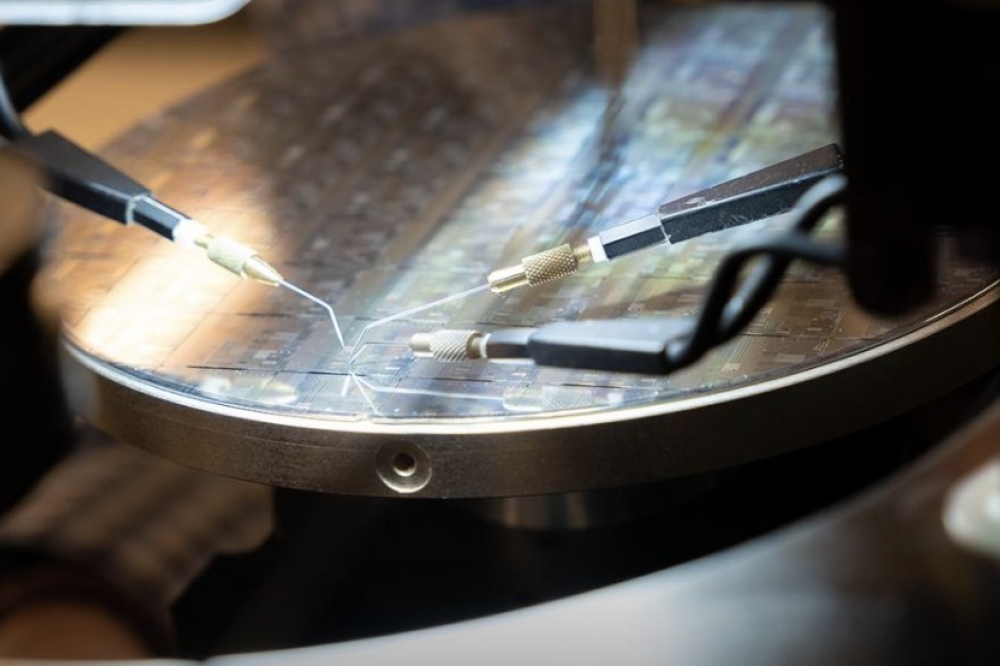Navitas and Plexim accelerate time-to-market

PLECS simulation models target next-generation GeneSiC power semiconductors
Navitas Semiconductor and Plexim GmbH have announced a partnership to release GeneSiC G3 SiC MOSFET and Gen 5 MPS diode PLECS thermal loss models for highly-accurate simulations of complete power electronics systems.
Power designers can simulate power and thermal losses in various soft- and hard-switching applications. Proprietary GeneSiC trench-assisted planar-gate MOSFET technology delivers the lowest RDS(ON) at high temperature and the highest efficiency at high speeds, and new MPS diodes with ‘low-knee’ characteristics drive unprecedented, industry-leading levels of performance, robustness and quality.
“Accurate, empirically-based simulation models maximize the chance of first-time-accurate designs, accelerating time-to-market and time-to-revenue,” noted Ranbir Singh, Navitas EVP for the GeneSiC business line. “For the power designer, understanding the leading-edge performance of GeneSiC MOSFETs and MPS diodes with detailed device characteristics, plus power, efficiency and thermal analysis is a critical competitive advantage.”
“The intuitive and highly-efficient PLECS lookup-table based approach to simulating thermal semiconductor losses in complex power electronic circuits is key,” said Kristofer Eberle, Plexim, North America. “Unlike legacy modeling approaches that are not well-suited to new wide bandgap materials, PLECS uses a simplified, but accurate behavioural description to highlight the superior performance of the GeneSiC MOSFETs.”























